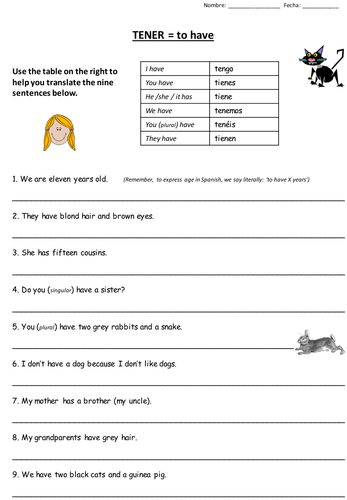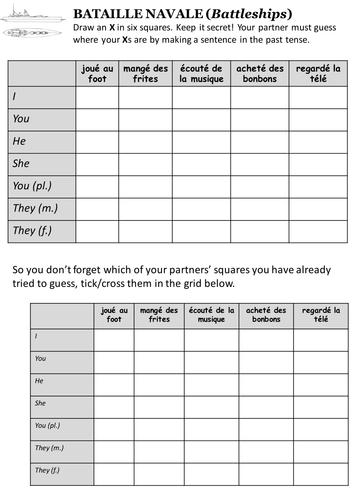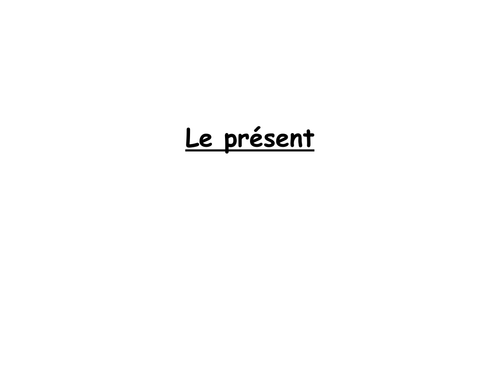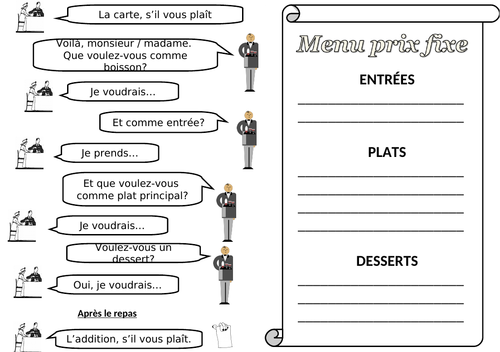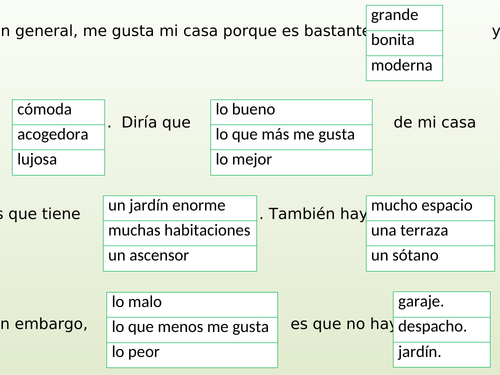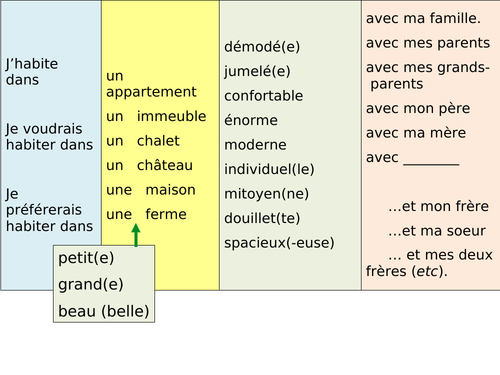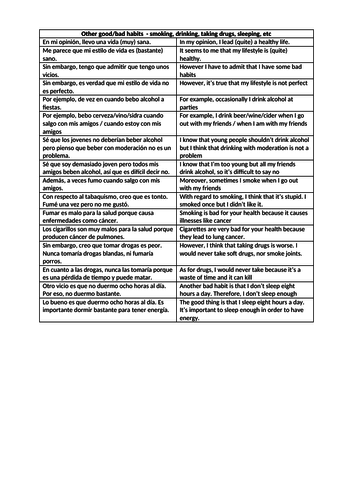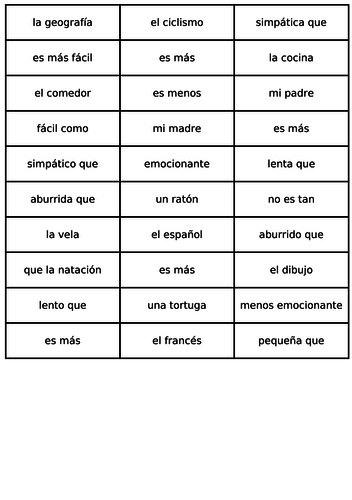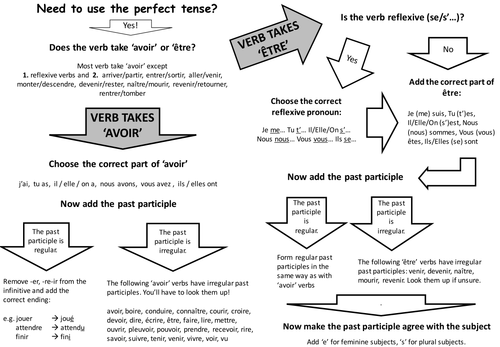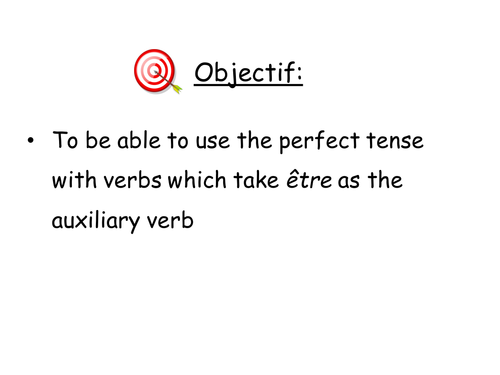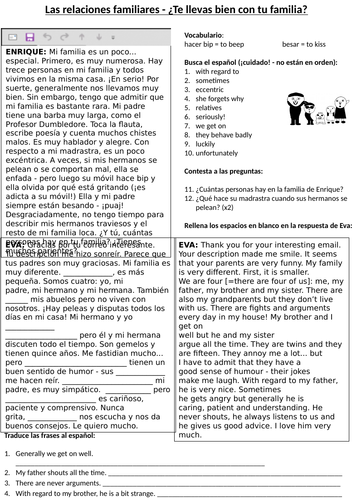Al's MFL Shop
Worksheets and a few Powerpoint presentations for Modern Languages. Mainly Spanish at the moment and mainly Key Stages 3-4, but one or two Key Stage 5 too. I hope my resources are useful to you. I spend quite a lot of time making them and would like to save other busy teachers time preparing resources - so you can get on with teaching.





